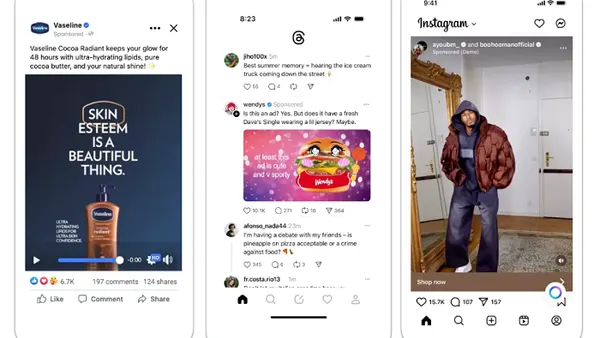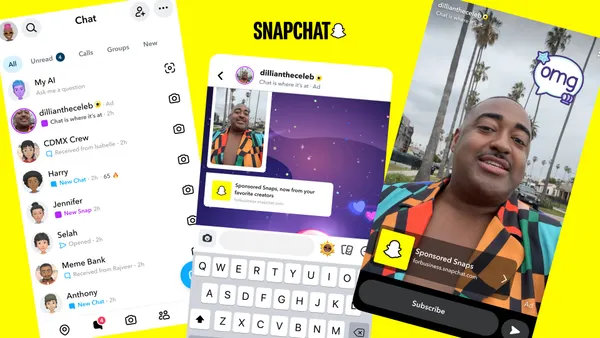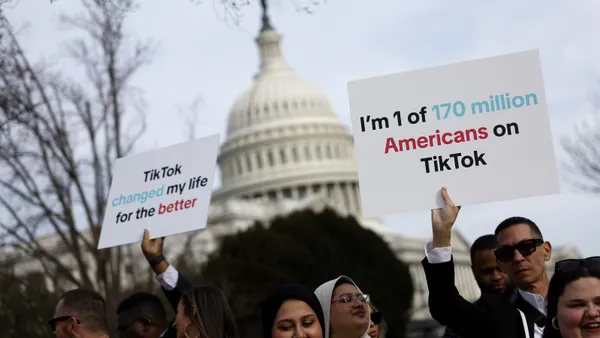Brief:
- Verizon Communications, the biggest U.S. phone company with more than 114 million subscribers, debuted a rewards program that asks customers for personal information including their web-browsing history, app usage and location. Verizon Up provides credits that subscribers can trade in for concert tickets, movie premieres and phone upgrades, according to its website.
- Verizon uses the customer information to personalize the rewards and deliver targeted ads to customers as they browse the web, The Wall Street Journal reported. The phone company wants to build a digital advertising business to compete with Facebook and Alphabet’s Google, which also have large databases of customer information.
- Verizon also wants customers to opt-in to its Verizon Selects advertising program, which shares personal information with Oath, the digital media unit that Verizon formed with the acquisitions of AOL and Yahoo.
Insight:
Verizon, the U.S.’s largest carrier with more than 114 million subscribers, has been experimenting with targeted-advertising programs for at least five years. Verizon Up, launched in August, is the latest incarnation of its rewards program. Verizon doesn’t say how many people have enrolled in Up or Selects.
Customer data acquired through a loyalty program will make Verizon’s job of delivering target audiences to advertisers much easier. Its digital advertising unit generates about $7 billion a year in sales. Verizon has about 4% of the U.S. digital advertising market, compared with 41% for Google and 20% for Facebook, according to eMarketer data cited by The Wall Street Journal.
As a telecommunications company, Verizon can potentially collect more detailed information about the behavior of its customers than other companies. But telecoms also have to contend with federal laws that regulate how they can use customer data. Verizon needs to avoid a backlash from consumers and regulators over its data collection. The company in July apologized after disclosing that as many as 14 million records of Verizon customers were exposed after an Israeli technology left user data unprotected. That kind of disclosure doesn’t help to ease the concerns of consumers who are worried about harmful invasions of privacy.
Verizon is seeking ways to monetize its audience with advertising sales as it faces pressure on several fronts: growing competition from wireless rivals; a maturing smartphone market in which sales growth is slowing, and the popularity of messaging apps, which has caused revenue from text messaging to decline. Although the company added 614,000 subscribers in Q2 2017, Verizon relented to enormous competitive pressures from companies like T-Mobile US and Sprint to reverse a decline in customers by reintroducing an unlimited data plan for the first time in more than five years. Sprint in June started to offer free unlimited data, talk and text for a year to consumers who already have a mobile device — a promotion aimed at Verizon subscribers.











